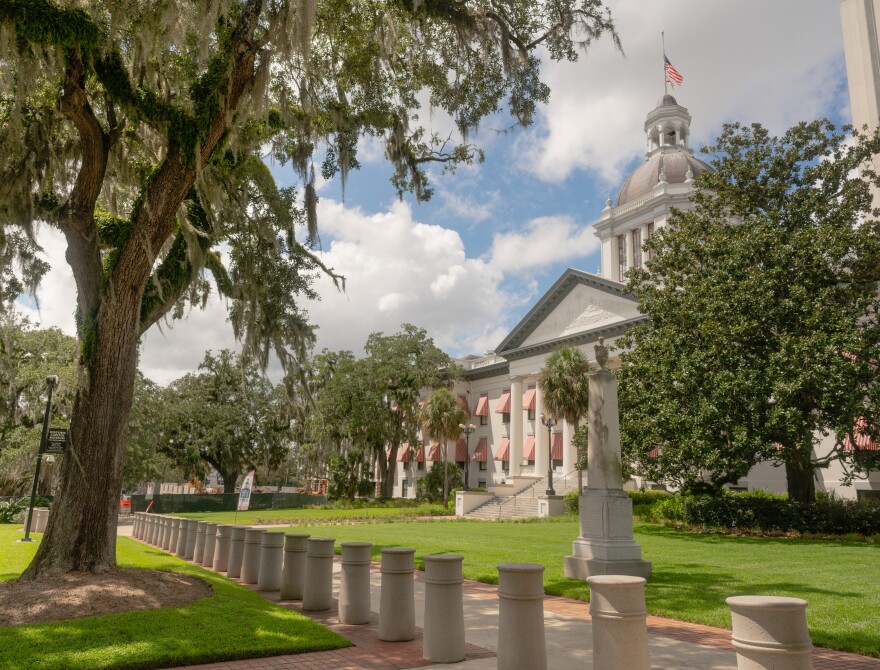A measure aimed at curbing local ordinances that hurt private businesses is under consideration by the Legislature for a second year. Supporters say the bill would help small businesses, while opponents say it would shackle local governments’ ability to respond to the concerns of their residents.
Senate Bill 170 would require local governments to stop enforcing a challenged ordinance while a lawsuit plays out. Plaintiffs who win their cases in court could receive up to $50,000 for attorney fees and costs. Critics say cities and counties would face increased threats of litigation under the bill. But Senator Dennis Baxley, a Eustis Republican, says legislators have a stake in the local ordinances.
“And we have to remember, we’re local government people, too,” he said. “We’re involved in those elections, we live in these communities, we’re not out of that discussion. But at the same time, there has to be a way that these things get resolved when it gets contentious.”
Miami-Dade Mayor Daniella Levine Cava, a Democrat, says her county has a standing objection to all preemption bills, which allow higher levels of government to limit the power of a lower level of government. She calls this one “very extreme.”
“It is going to tie the hands of local government at the local level,” she said. “And we are the closest to the people. We understand firsthand our community’s priorities, we respond daily to their needs. Bills like this undermine our capacity to serve our residents.”
Under current law, anyone can file lawsuits challenging ordinances and seek injunctions. But until judges rule on those cases, the ordinances can be in effect.
Senator Travis Hutson, a Palm Coast Republican, sponsored last year’s bill and supports this one. He says the measure requires judges to rule on challenges to ordinances as quickly as possible.
“Today, if you could get that injunction from the judge, it could take months if not years to actually get to court to figure out whether the ordinance was in effect or not,” he said. “And this bill puts the injunction in effect immediately, but urges the courts as a rocket docket to go faster so everything is figured out almost essentially as quick as possible so that the ordinance could really go in effect and not be held up in the court system. Is that what we’re looking at today?”
Rich Templin is the AFL-CIO’s director of politics and public policy. He believes the bill, if passed, would prevent local governments from being responsive to all the people they represent.
“Environmental issues. Social justice issues. Fair working conditions issues. All of those issues are now essentially going to be preempted when this bill passes,” he said. “The ability for local governments to function still remains, and that’s great. We all need that to happen. But all of those other things I talked about will be history.”
But Senator Jay Trumbull, a Panama City Republican and the bill’s sponsor, says the courts will prevent bad actors from misusing the measure.
“If the court finds that these things, if a plaintiff is bringing a lawsuit for economic advantage or unnecessary delay or for any other bad reason, that plaintiff can be sanctioned,” he said.
The Senate passed a similar bill during the 2022 legislative session, but it wasn’t approved by the House. Some local governments oppose this year’s bill, but the Florida League of Cities and the Florida Association of Counties support it. Opposition comes from environmental, labor and social justice groups.









